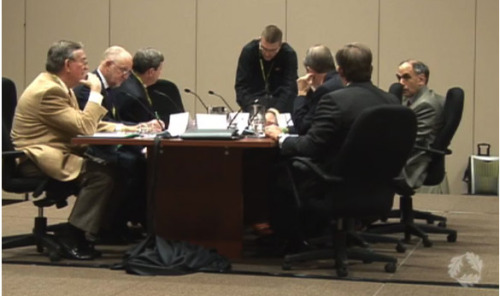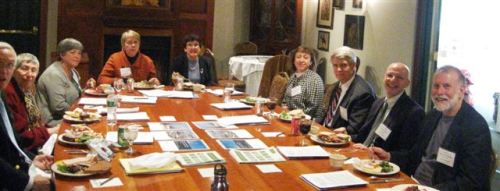Exeter E-Proctors Value Commitment to Sustainability
by Georges Dyer, Second Nature
Yesterday I was up at Phillips Exeter Academy talking to a group of ‘e-proctors’ – sustainability champions in each dorm who help green initiatives run smoothly from ensuring dorm-mates put materials in the proper recycling bin to getting the word out about visiting lectures and campus-wide events.
Most were juniors (“uppers” in Exeter-speak) and seniors with sights set on college – still, it was a bit surprising (and very exciting) to see so many high school kids engaged and enthusiastic about hearing the story of Second Nature and the status of education for sustainability in higher education.
They had great questions, and some of the seniors made it clear that they questioned their prospective colleges’ commitments to sustainability at every step of the admissions process – a powerful way to send the signal that this critical issue for incoming students (Princeton Review found this was the case for a good two-thirds of applicants and parents in 2009).
- Read more about Exeter E-Proctors Value Commitment to Sustainability
- Add new comment

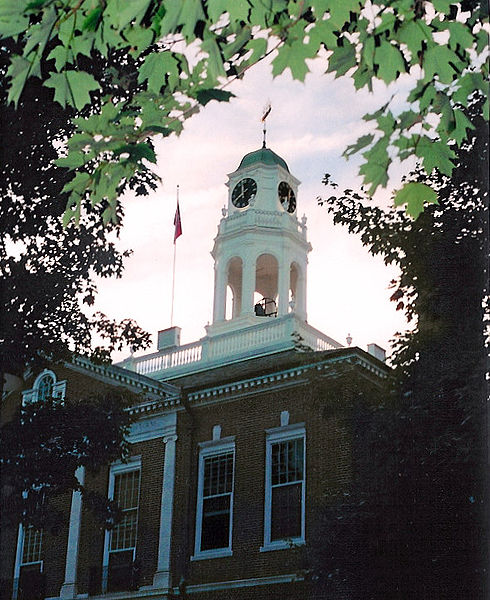
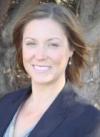 On March 17
On March 17
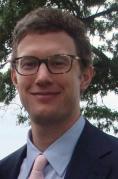 On Thursday, April 7th, 2010, an historic event took place in Atlanta, GA –
On Thursday, April 7th, 2010, an historic event took place in Atlanta, GA – 
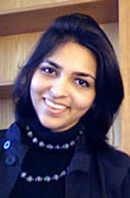 Earlier this month, I traveled to Nashville, TN, where I attended the
Earlier this month, I traveled to Nashville, TN, where I attended the 
